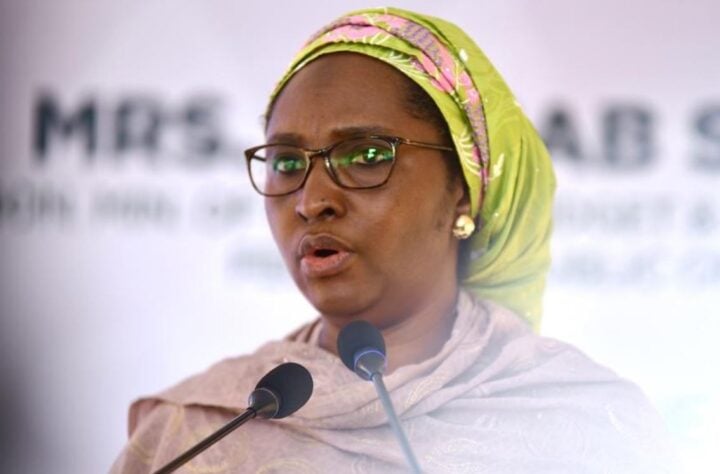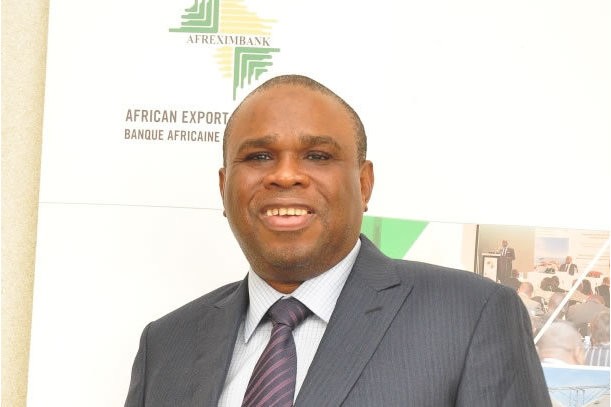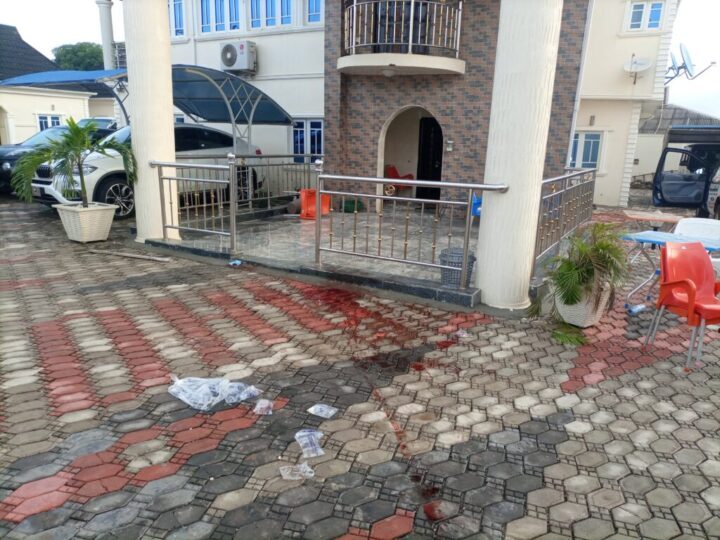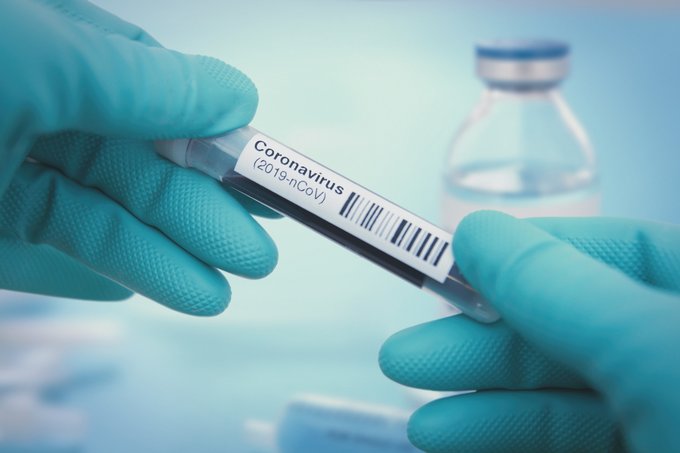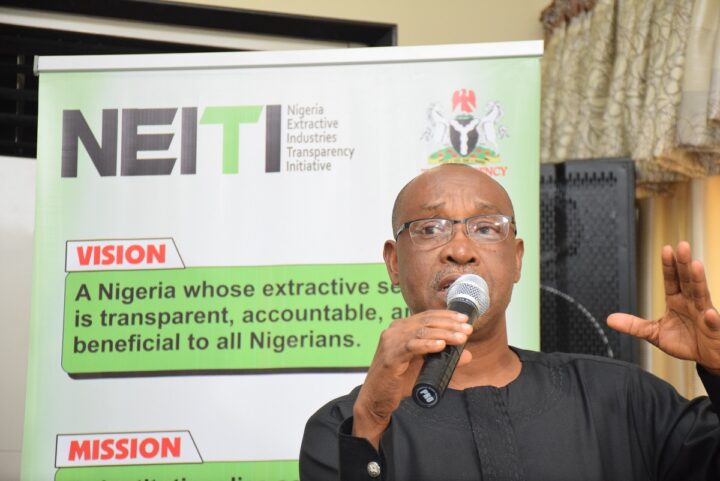Zainab Ahmed, minister of finance, budget and national planning, says the federal government should completely end fuel subsidy.
In 2019, the federal government set aside N305 billion for fuel subsidy payments in the 2019 budget. It announced an end to subsidy in March 2020 through the introduction of a price modulation policy. The cost resurfaced after the COVID-19 pandemic hit the economy.
Speaking on Thursday at the public consultative forum on the draft 2022-2024 medium-term expenditure framework/ fiscal strategy paper (MTEF/FSP), Ahmed said subsidy gulps N150 billion every month.
According to her, the subsidy does not benefit the average Nigerian but marketers who buy subsidised fuel from Nigeria and sell it in neighbouring countries at a higher price.
Advertisement
“We have a situation wherein a month, the subsidy costs as much as N150 billion. That means NNPC has to use that amount to pay for buying the PMS and distributing it across the country,” she said.
“That is money that the federation account, federal and state governments forgo. If this revenue is available to fund education infrastructure, health, it will reduce our borrowing. It will reduce the crisis that states are having of not being able to pay salaries.
“We think that by leaving this subsidy, we are helping the citizens. But at the end, they are the ones bearing the brunt of the subsidy.
Advertisement
“It’s the people that have cars that they drive that enjoy the subsidy. Some have up to four cars that they drive. Those are the people that are we subsidising at the expense of the common man that simply will take a bus from his farm to the market.
“We do need to get rid of subsidy completely. That is our view in the ministry. It is not a popular view, but that could be the most practical thing to do.”
Ahmed said there had been discussions with President Muhammadu Buhari on measures to cushion the effects of fuel subsidy removal on Nigerians.
She said the finance ministry had projected the fuel subsidy cost of at least N900 billion in 2022.
Advertisement
According to her, the money could be used to build hospitals, schools and construct roads.
Also speaking at the event, Clement Agba, minister of state for budget and national planning, said Nigeria is no longer dependent on oil revenue.
He called on the media to gradually change the narrative that the country is a mono-product economy.
“We can say that the Nigerian economy is diversified. It is no longer a mono-product economy. It is only mono-product to the extent that oil still contributes about 70 percent of our foreign exchange,” he said.
Advertisement
“When we are looking at the total contribution to budget revenue, non-oil is contributing more. When you also look at it from the perspective of GDP contribution, oil only contributes about 9.8 percent of the GDP.”
On Tuesday, Mele Kyari, group managing director of the Nigerian National Petroleum Corporation (NNPC), said that the cost of petrol should be N256 per litre at filling stations without subsidy.
Advertisement
